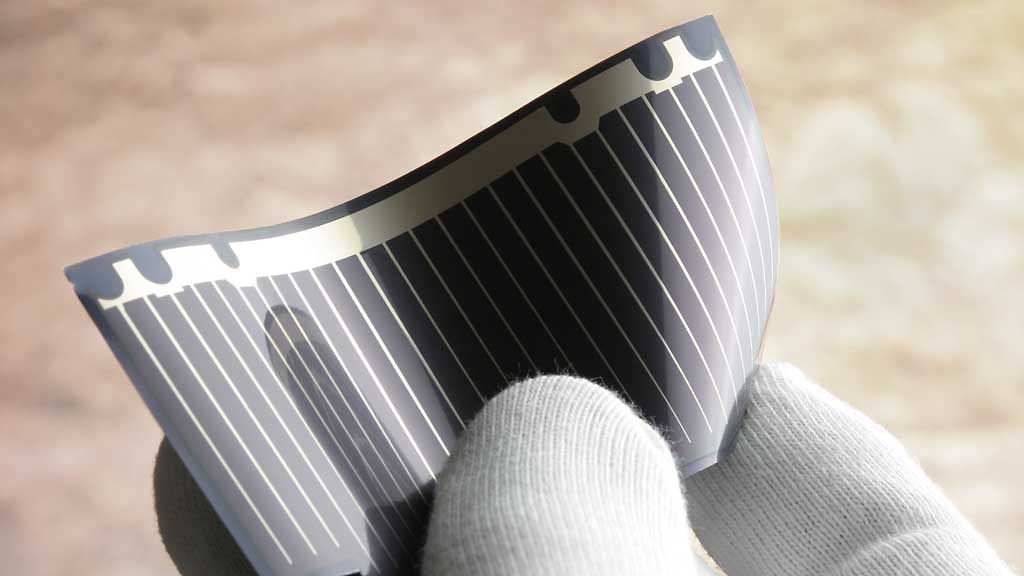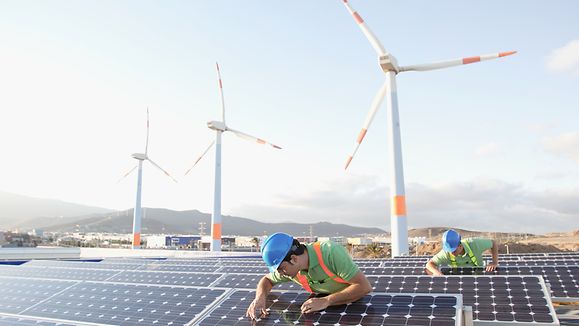The complementary SME landscape in all PV technologies offers broad partnership opportunities with established German manufacturers.
Continued optimization of production technologies and processes is made possible through close cooperation with excellent R&D institutions, universities, and leading material and equipment suppliers. Germany’s national and regional ministries and the EU support R&D projects in several renewable energies sectors through a number of institutional funding programs.
Downstream companies and service providers - such as system integrators, project developers, plant management, and energy trading companies - can source know-how from a large pool of specialists. They also benefit from a unique PV infrastructure in terms of experienced installers, banks that offer attractive international financing models, and local authorities guaranteeing fast and easy access to the grid.
State-of-the-art infrastructure - partly supplied by a well-developed chemicals industry - provides production sites that offer not only industry-specific utilities and services, but also a holistic, closed-loop “materials to recycling” approach - especially for innovative PV (e.g. OPV) and storage technologies (e.g. batteries and fuel cells).
Considerable experience in PV manufacturing and close synergies between the PV, semiconductor, and microelectronics sectors create a readily available workforce - particularly in the energy, battery and plant-management-technology sectors. There are also more than 300 university degree courses with a strong PV and other renewable energies focus.
Quick and easy access to a flexible labor pool with a solid PV-related education and training, competitive labor costs, and high productivity rates combine to guarantee new businesses optimal levels of professionalization and competitiveness from the get-go.



